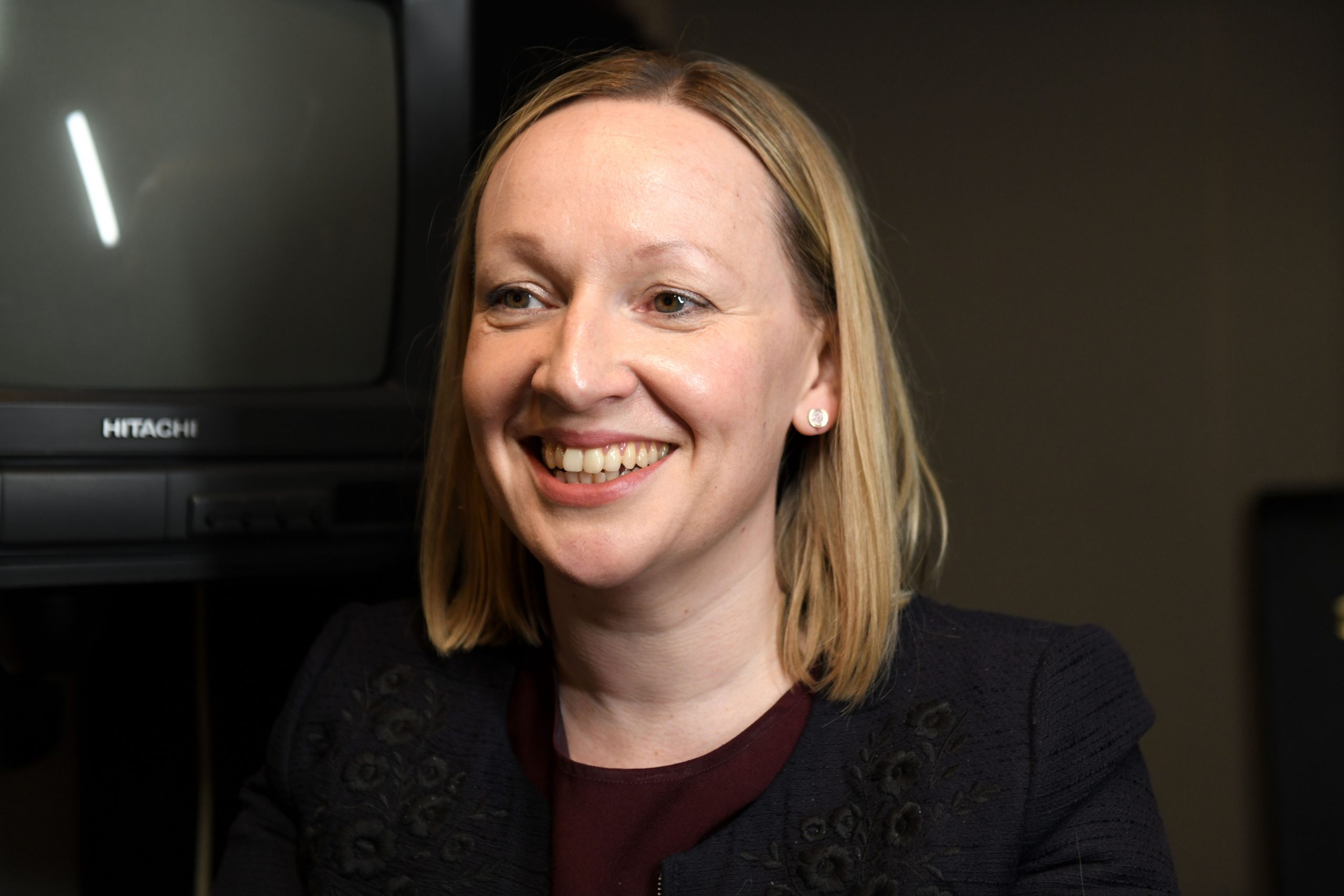Former Minister for European Affairs Lucinda Creighton sat down with Sam Smyth to talk about the highs and lows of her political career, her future in business, and her views on the outcome of the most recent landmark Irish election. In this interview, Creighton speaks about: Postponing a career in law for life in politics Meeting Leo Varadkar at the Young Fine Gael Freshers’ Week stall in TrinityHow the Fine Gael meltdown in 2002 created an opportunity for her to get more involved in the party.Designing a new electoral system for the leadership of the partyResigning from the party due…
Cancel at any time. Are you already a member? Log in here.
Want to read the full story?
Unlock this article – and everything else on The Currency – with an annual membership and receive a free Samsonite Upscape suitcase, retailing at €235, delivered to your door.

